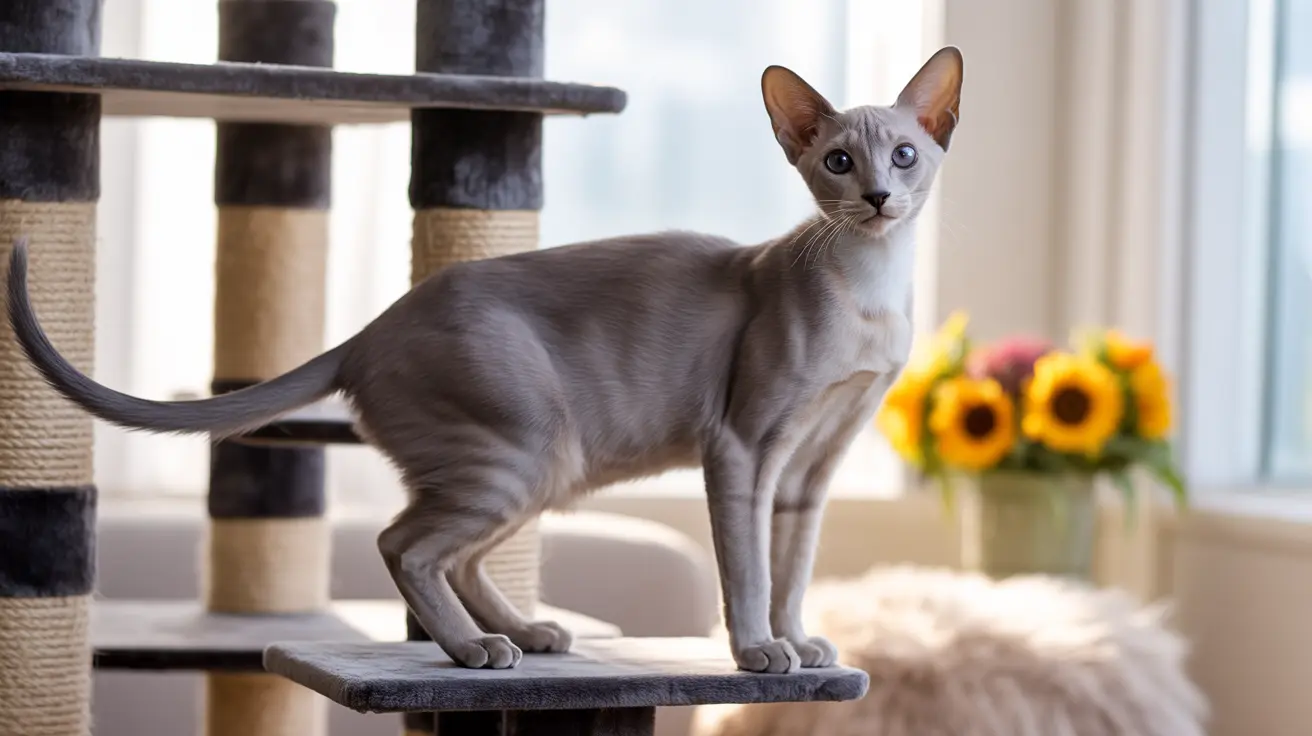If your cat won't shut up, you're not alone. Excessive meowing can be frustrating for pet owners, but it's important to understand that your feline friend is trying to communicate something important. Whether it's a medical issue, emotional need, or behavioral pattern, persistent vocalization usually has an underlying cause that needs attention.
In this comprehensive guide, we'll explore why cats become overly vocal, how to identify the root causes, and effective strategies to address the behavior. Understanding your cat's increased meowing is the first step toward restoring peace in your household while ensuring your pet's wellbeing.
Medical Causes of Excessive Meowing
When your cat suddenly becomes more vocal than usual, medical issues should be your first concern. Several health conditions can trigger increased meowing:
Pain and Discomfort
Cats often vocalize more when experiencing pain from conditions like arthritis, dental disease, or urinary tract infections. Watch for other signs such as changes in mobility, eating habits, or litter box behavior.
Age-Related Conditions
Senior cats may become more vocal due to cognitive dysfunction syndrome (feline dementia), hyperthyroidism, or sensory decline. These conditions require veterinary attention and specific management strategies.
Behavioral Reasons for Constant Meowing
Attention-Seeking Behavior
Cats quickly learn that meowing gets them what they want, whether it's food, attention, or access to certain areas. This learned behavior can become a persistent pattern if reinforced.
Stress and Anxiety
Environmental changes, new pets, or disruptions to routine can cause anxiety-related vocalization. Creating a stable, enriched environment helps reduce stress-induced meowing.
Environmental Factors and Solutions
Creating an Enriched Environment
- Interactive toys and puzzle feeders
- Climbing structures and window perches
- Regular play sessions
- Safe outdoor viewing areas
Establishing Routine
Cats thrive on predictability. Set regular times for feeding, play, and attention to help reduce anxiety-related meowing.
Training and Management Strategies
- Ignore attention-seeking meows
- Reward quiet behavior
- Maintain consistent feeding schedules
- Provide adequate environmental enrichment
- Consider professional behavioral consultation for persistent issues
When to Seek Veterinary Care
Contact your veterinarian immediately if excessive meowing is accompanied by:
- Changes in appetite or water consumption
- Weight loss or gain
- Altered litter box habits
- Signs of pain or distress
- Behavioral changes
Frequently Asked Questions
Why does my cat suddenly won't stop meowing and how can I tell if it's a medical issue?
Sudden increases in meowing, especially when accompanied by other behavioral changes like altered eating habits or litter box usage, often indicate medical issues. Schedule a veterinary examination to rule out health problems.
How can I reduce my cat's excessive meowing caused by stress or boredom?
Provide environmental enrichment through toys, climbing structures, and regular play sessions. Maintain consistent daily routines and consider using calming aids like pheromone diffusers.
Can hyperthyroidism or kidney disease make my cat meow more than usual?
Yes, both conditions can cause increased vocalization. Hyperthyroidism often results in restlessness and loud meowing, while kidney disease can cause discomfort and increased thirst, leading to more frequent vocalization.
What are effective ways to discourage attention-seeking meowing in cats?
Ignore attention-seeking meows, reward quiet behavior, and establish regular feeding and play schedules. Consistency is key in modifying attention-seeking behavior.
Why do some cat breeds meow more persistently than others?
Some breeds, particularly Oriental breeds like Siamese and Burmese cats, are genetically predisposed to be more vocal. This is part of their natural communication style and personality.
Remember, while excessive meowing can be challenging, it's your cat's way of communicating important needs. By understanding the underlying causes and implementing appropriate solutions, you can help your cat find quieter ways to express themselves while ensuring their health and happiness.






